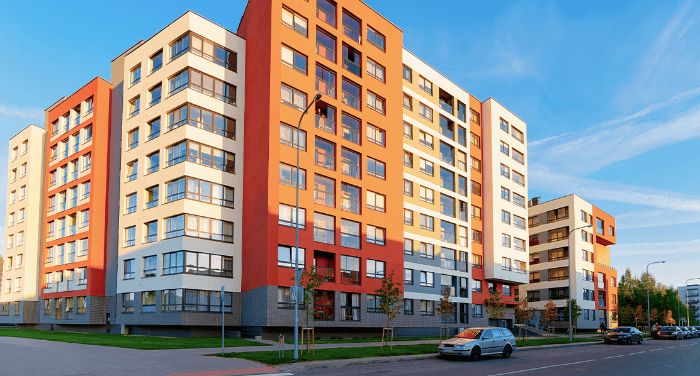Exploring the Advantages and Challenges of Deploying Mass Internet Solutions in Multi-Dwelling Buildings
Wiki Article
Establishing mass online services in multi-dwelling complexes can offer multiple benefits for both managers and residents. Collective online services denote rapid internet connections that are supplied to all units within a complex at a flat rate. This approach can enhance the overall residential quality for residents by guaranteeing that all has access to reliable online service. With the increasing reliance on the web for work, learning, and entertainment, having a steady connection is crucial. Building owners can also profit from offering these solutions, as it can make their buildings more attractive to prospective tenants.

One of the key benefits of collective internet services is financial reductions. When online service is provided in bulk, building managers can secure better rates with internet service providers. This can result in lower expenses for tenants compared to separate subscriptions. Additionally, tenants do not have to think about installing their own internet service, which can be a lengthy task. Instead, they can have prompt availability of high-speed online as soon as relocating. This ease can be a major feature for future residents, making the property more competitive in the rental market.
Another advantage of collective online solutions is enhanced access. In many cases, individual online connections can result in reduced performance and unstable connectivity, especially in more extensive properties where many residents are online simultaneously. Bulk services typically deliver higher bandwidth, which means that all residents can experience rapid and reliable online connectivity. This is especially vital for households with several gadgets or for people who are employed from home. A reliable internet link can enhance productivity and total contentment for tenants, turning it a essential aspect of multi-dwelling unit buildings.
However, introducing collective online solutions also comes with obstacles. One of the main issues is the upfront installation expense. Building managers may need to allocate funds for structural improvements to facilitate rapid online across the property. This can entail putting in place new cabling, routers, and additional devices. While these costs can be compensated by the long-term savings and increased building worth, they can be a obstacle for some building managers. Additionally, regular support and assistance for the online connectivity must be taken into account, as residents will anticipate consistent service and prompt solutions to any problems that arise.
Another issue is making sure that the internet connectivity fulfills the varied needs of all residents. Different residents may have different internet utilization habits, from casual surfing to heavy streaming or playing. Property owners must partner with internet service companies to confirm that the connectivity can accommodate these varied requirements. This may go to this site entail offering different tiers of connectivity or additional features, such as wireless internet in common areas. Managing the requirements of all residents while controlling costs can be a challenging task, but it is essential for the effectiveness of bulk online services in multi-dwelling unit buildings.